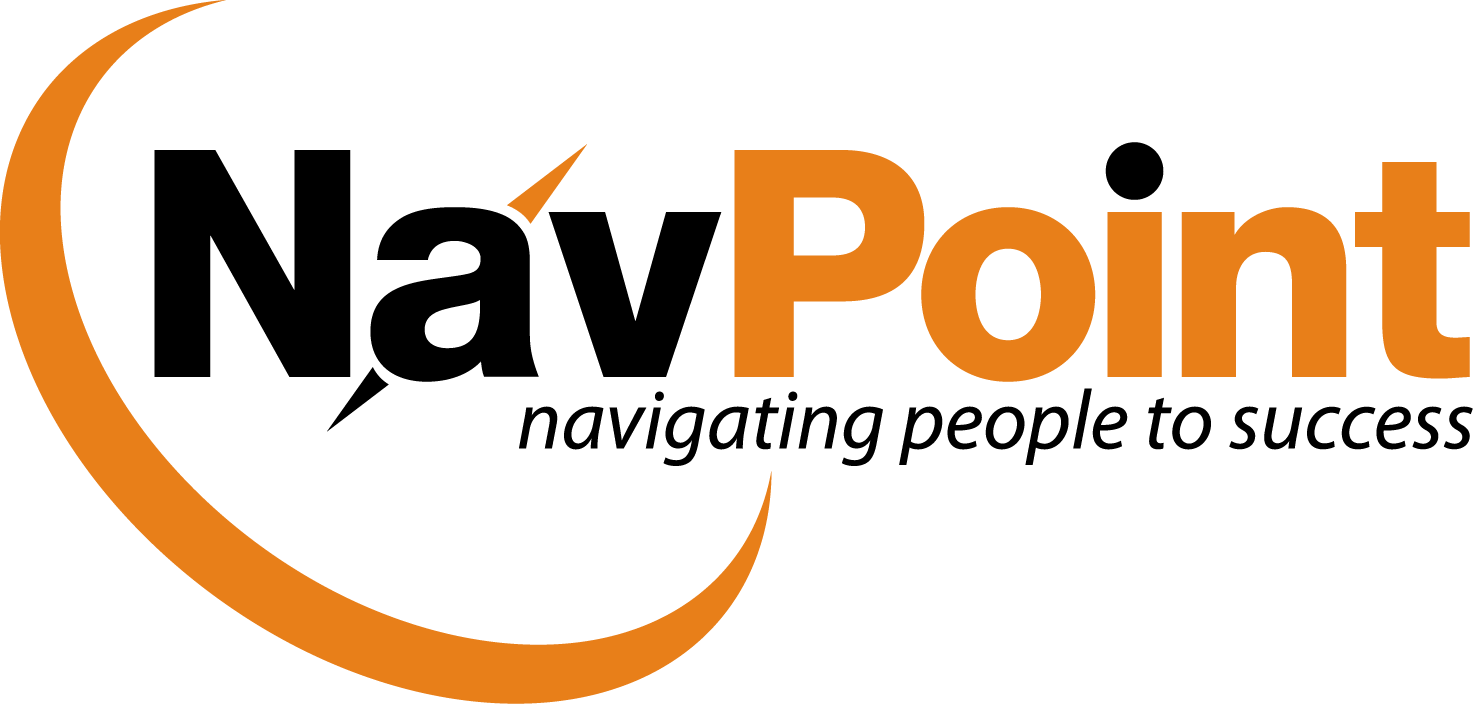There are multiples stages that make up a Canadian federal government bidding process for contracting opportunities. This is a walk-through through the process to give you an idea of what to expect and the duration of the entire process.
- The federal government client will publish the contracting opportunity via MERX, Buy-&-Sell, etc. using procurement vehicles (TBIPS, ProServices, TSPS).
They will put out a Request for Proposal (RFP) that includes the following details:
○ Bidding rules/guidelines for submission;
○ Statement of Work (SOW) – this breaks down the work to be done, deliverables and the requirements that resources are to meet in order to be considered; and
○ How the bid/RFP would be assessed (Technical/Price weighting) and duration of assessment period. - Agencies will review if they meet any corporate requirements and prepare recruiting documents.
- Agencies will use the requirements (Mandatory and Rated) to search for consultants (resources).
- Consultants will be contacted by phone and/or email.
- Should the consultant want to pursue, an updated CV/resume, supporting documents (proof of education and certifications), and security clearance information will need to be sent to the recruiting team.
- Your expected pay rate will also need to be determined and agreed upon. Note that as these are contracting opportunities, you will not get paid vacation or benefits so please take that into consideration when you determine what you want to be compensated, either hourly or per diem.
- The recruiter will then conduct a fit assessment to ensure that the consultant’s experience aligns to the requirements of the bid, should it be a strong match, hand off to writers.
- The agency that you partner with will have writers who will do the heavy lifting of writing your experience to the resource requirements.
- Writers will ensure that the keywords and experiences in the resource requirements are amended to your CV. Your input will often be required to ensure that you do have the relevant experience so that it can be added in the CV.
- The supporting documents will be packaged with your CV into a submission format.
- Your security clearance will need to be duplicated as it is a requirement that the agency that submits you as a resource holds a duplication for its records. Your Document Control Number (DCN) from the security clearance, full legal name, DOB, Province/Country of Birth, and the name of the department/agency that holds your clearance, typically PSPC/PWGSC, DND, RCMP, etc., are required to initiate the duplication process.
- Your expected pay rate is added to the submission.
- The client will review all submissions to first ensure that they meet the bidding requirements and are compliant.
- Requirements for each consultant, in each bid, will be assessed. Failure to meet mandatory requirements will disqualify the entire submission, as will failure to meet the minimum score for rated requirements.
- Scores will be assigned for compliancy to the rated requirements and pricing/financials.
- The combination of the technical and financials as per the weighted scale in the RFP will determine a bid’s score.
- Some bids will require interviews.
- The highest scoring bid wins.
- The client notifies all bidders of the outcome.
- Losers will be told their score and the score of the winning bid. Any further details will be released at the discretion of the client.
- Winners will be told to notify the winning consultant(s), and from here a call-up will be issued that details start dates and onboarding details.
- The agency you are with will require your financial details and for you to complete a timesheet on a monthly basis for the duration of the contract in order to pay you
If you are new to the federal government contracting world, this process can be daunting and intimidating. Partnering with an agency that you trust is of key importance as they will help educate you along the way and advise on any areas that you need advice on.
The most difficult stage that consultants have, whether they are new or experienced to the process, is Stage 3, particularly the writing.
As you are the Subject Matter Expert regarding your experience, it can be forgiven that you take that knowledge for granted when dealing with parties who may not be as intimately familiar with your line of work or expertise. Any recruiter/writer can remove unnecessary details from your CV, but they cannot write in missing details without your input. There will be multiple requests for validation and additional information during the writing stage to ensure that you have the experience and that the recruiter/writers can add it to the CV for you. “Reading between the lines” to extrapolate experience and your fit does not cut it as it must be clearly written out.
The typical process will be the recruiter first conducting the fit assessment and sending back feedback in the grids. They will identify projects that meet the requirements and ask for you to confirm that the projects do in fact fit in order to build upon the foundation of your CV and align it with the requirements. The writers will seek more specific details until all the requirements are fulfilled and your CV clearly demonstrates the fit.
